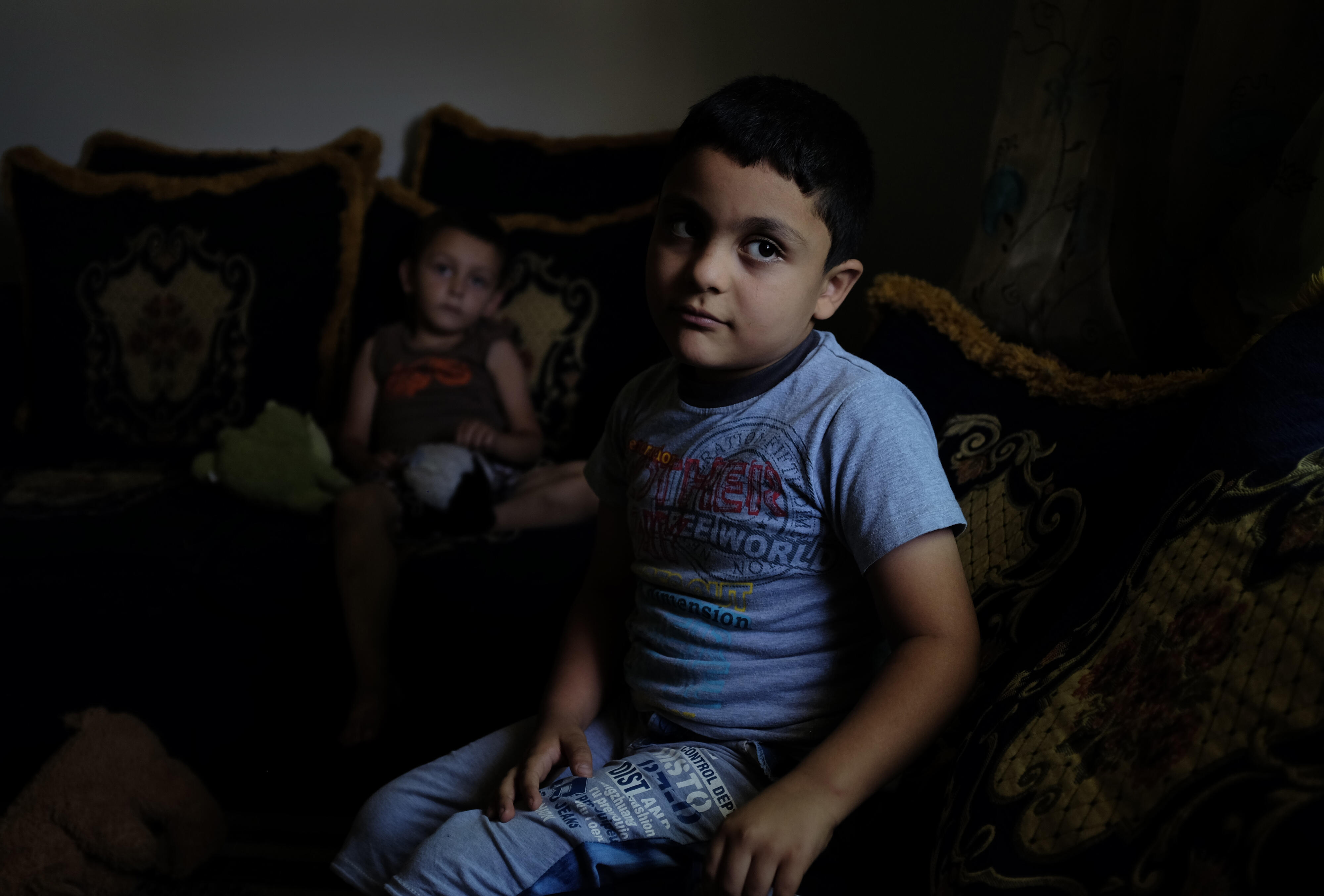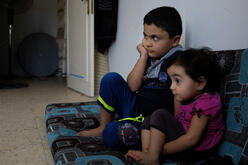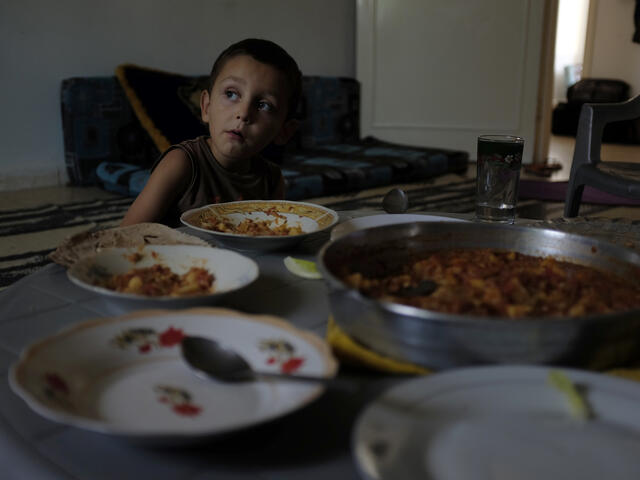
Only 7 years old, Hisham has seen his life change dramatically—twice. As a toddler, he and his family fled Syria to Jordan, where they found refuge in the northern city of Mafraq. Adjusting to a new country was difficult, but Hisham’s parents made a home for their children, brightening their modest apartment with flowers and keeping small birds as pets.
Young Hisham’s life recently took another unexpected turn when, one evening, the boy felt pain in his chest and sides. His parents rushed him to the emergency room where doctors ran tests. Hisham was diagnosed with Type 1 diabetes.
The "Hope" clinic
When Hisham returned home after 10 days in the hospital, his parents explained the changes he would need to make in his life—avoiding sugary foods and chocolate, for example. His family supported him by making similar lifestyle changes.

Nevertheless, his parents, now burdened by the cost of doctor visits and insulin shots, worried how they would care for their son. Access to health care is a major issue for the majority of the 630,000 Syrians in Jordan who do not live in camps, but have crammed into apartments, homes and ad hoc dwellings. Public facilities are not allowed to provide free treatment to refugees, most of whom struggle with finances.
Fortunately, a neighbour informed Hisham’s family about the International Rescue Committee’s “Hope” health clinic, which provides primary and reproductive health services to urban refugees like Hisham in Mafraq. The IRC collaborates with local pharmacies and laboratories to accommodate refugees’ most pressing needs, offering free clinical consultations, tests and medication.
“Type 1 diabetes requires close follow-ups,” says Dania Qaryouti, Hisham’s doctor at the clinic. “We have to see him every two weeks to provide insulin and monitor his diet.”
Gratitude...and resilience
Hisham’s mother is extremely grateful to have found the clinic. “If I want to take him to the doctor, the minimum we would have to pay for each visit is 15-20 Jordanian dinars ($USD 20-30), so the IRC clinic is beneficial as it reduces our financial burdens.” In addition to the frequent doctor visits, Hisham monitors his sugar levels at home using a blood glucose meter provided by the IRC.

Despite his chronic condition, Hisham is admirably resilient, an active and curious boy with a friendly demeanor who enjoys helping his younger brother practice sit-ups and care for the family’s houseplants. Hisham recently went back to school, starting first grade.
“I want to see [my children] become the best they could be,” his mother says. “I want them to continue their education.”
The IRC’s health program in Jordan is supported by aid from the U.K. government and other generous donors.